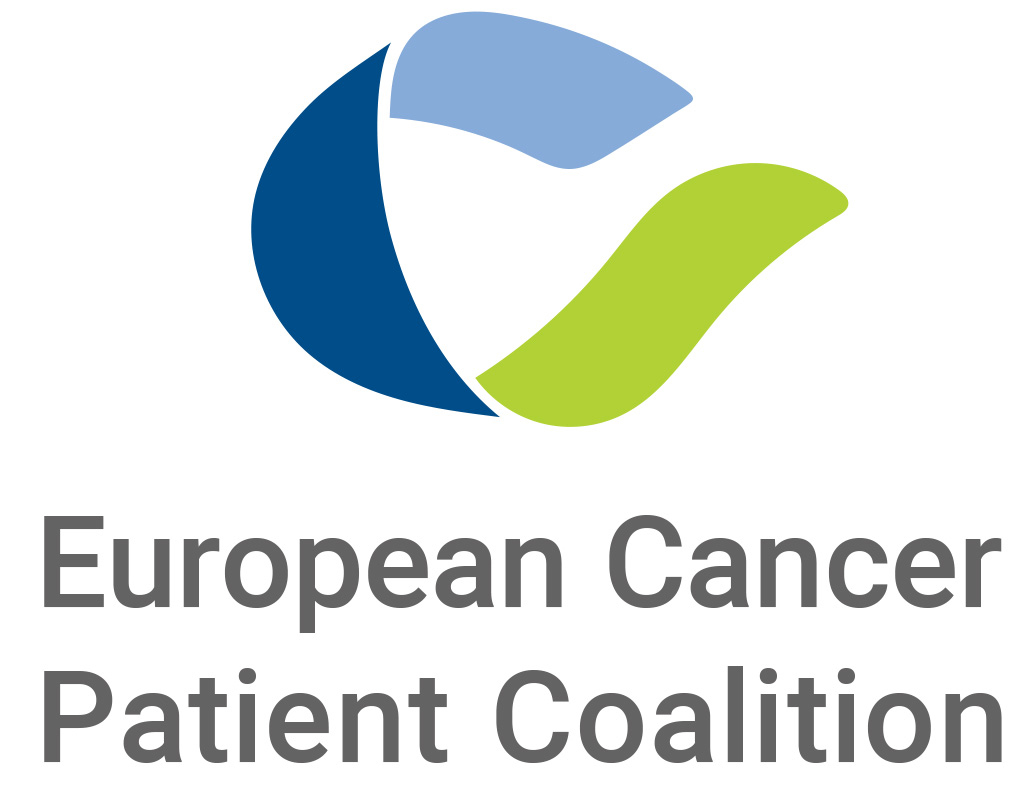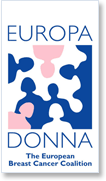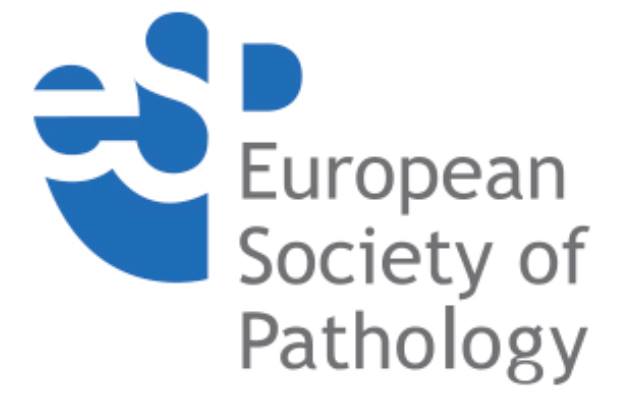Online Course


20
May
2022
2022
21
May
2022
2022
Precision Testing Early and Later: a Tool for Diagnosis and Better Treatment?
BACKGROUND
The complexities of solid tumours are now evident for all. A better understanding of determinants of tumour behaviour and response to treatment is gained every day, and the term “precision testing” is often used. In 2021 SPCC conducted a series of webinars and is continuing to work on this topic.
Knowledge of the tests needed and their potential role in guiding treatment choices are important topics, as are accessibility and reimbursement of these tests. From treatment target evaluation to molecular oncology and advanced genomics, precision testing is aimed at ensuring that the right treatment is administered to the right patient at the right time, leading to a better outcome. Some tests may play a role in early detection and help to avoid unnecessary treatment and reduce costs. The most unacceptable cost is the use of ineffective therapy. From the healthcare system perspective, precision testing brings more certainty on treatment outcomes and improves the sustainability and efficiency of healthcare. From the patient perspective, precision testing makes it possible to find the best available treatments and improves outcomes and quality of life.
However, due to regulatory, access and reimbursement barriers, even well-proven precision testing is not offered to all patients in Europe, not to speak of on global level. There is also a lack of the infrastructure needed to support and take advantage of genomic and molecular testing, including the development of networks to discuss the implications of the results in specific tumour boards. Even in countries where the infrastructure does exist, health care providers need more adequate information, knowledge and awareness, and patients require education and empowerment in order to ensure proper molecular characterisation of every patient’s tumour.
COURSE GOALS
The course programme will lead to a better understanding of:
- potential of precision testing techniques
- limits of use of these technique
- regulatory issues
TARGET GROUP
Oncologists – Pathologists - HCPs - Patients’ Representatives - Professionals working in Cancer Institutes - Healthcare Public Authorities
Oncologists – Pathologists - HCPs - Patients’ Representatives - Professionals working in Cancer Institutes - Healthcare Public Authorities
COURSE FORMAT
The course will be held online with the participation of world-renowned experts, some of them already involved in the 2021 SPCC Precision Testing webinars.
It will be free of charge and can be accessed by registering on SPCC's OncoCorner e-learning platform.
The material will remain available on-demand.
The material will remain available on-demand.
COURSE CONTENT
The event will consist of 2 consecutive days of live sessions with recorded and live contributions.
CME ACCREDITATION AND CERTIFICATES
Application for CME accreditation has been submitted to the Accreditation Council of Oncology in Europe (ACOE) and 4 CME credits have been granted to this event.
Participants will be issued a certificate of attendance (minimum attendance: 75% of the entire course). An online evaluation questionnaire and learning assessment test will need to be completed in order to get the certificate that will be issued by email.
Participants will be issued a certificate of attendance (minimum attendance: 75% of the entire course). An online evaluation questionnaire and learning assessment test will need to be completed in order to get the certificate that will be issued by email.
REGISTRATION
Event attendance is free of charge.
20/05/2022 14:30 CEST
Early diagnosis: hope and reality
20/05/2022 14:30 CEST
Welcome and Introduction
Chair: Anna Batistatou, GR
Chair: Marzia Zambon, IT
20/05/2022 14:40 CEST
Updates on early detection of treatment intervention targets in all cancers from the pathologist's perspective
Expert: Holger Moch, CH
20/05/2022 15:00 CEST
Reality and limitations of multicancer early diagnosis blood tests
Expert: Allan Hackshaw, UK
20/05/2022 15:20 CEST
Precision Genomic Testing: Primed for Prime Time
Expert: Mark Lawler, UK
20/05/2022 15:40 CEST
Accessibility to precision testing: barriers that need to be overcome
Expert: Milo Frattini, CH
20/05/2022 16:00 CEST
Q&A and Live Discussion
Chair: Anna Batistatou, GR
Chair: Marzia Zambon, IT
Expert: Milo Frattini, CH
Expert: Allan Hackshaw, UK
Expert: Mark Lawler, UK
Expert: Holger Moch, CH
20/05/2022 16:25 CEST
Closing Remarks
Chair: Anna Batistatou, GR
Chair: Marzia Zambon, IT
21/05/2022 11:00 CEST
Applying modern technology: when is it proven useful?
21/05/2022 11:00 CEST
Welcome and Introduction
Chair: Anna Batistatou, GR
Chair: Marzia Zambon, IT
21/05/2022 11:10 CEST
Realising the potential of precision healthcare
Expert: Alastair Burt, UK
21/05/2022 11:30 CEST
Precision diagnostics for non-small cell lung cancer: what to ask for
Expert: Jordi Remon-Masip, FR
21/05/2022 11:50 CEST
Current developments in mCRC: 1) Continuum of care strategy; 2) Biomarker based precision medicine in pre-treated patients
Expert: Eric Van Cutsem, BE
21/05/2022 12:10 CEST
My patient’s ER+ HER2- tumour escapes first-line breast cancer treatment: which testing helps me find an active therapy?
Expert: Nadia Harbeck, DE
21/05/2022 12:30 CEST
Q&A and Live Discussion
Chair: Anna Batistatou, GR
Chair: Marzia Zambon, IT
Expert: Anne-Marie Baird, CH
Expert: Alastair Burt, UK
Expert: Nadia Harbeck, DE
Expert: Jordi Remon-Masip, FR
Expert: Eric Van Cutsem, BE
21/05/2022 12:55 CEST
Closing Remarks
Chair: Anna Batistatou, GR
Chair: Marzia Zambon, IT
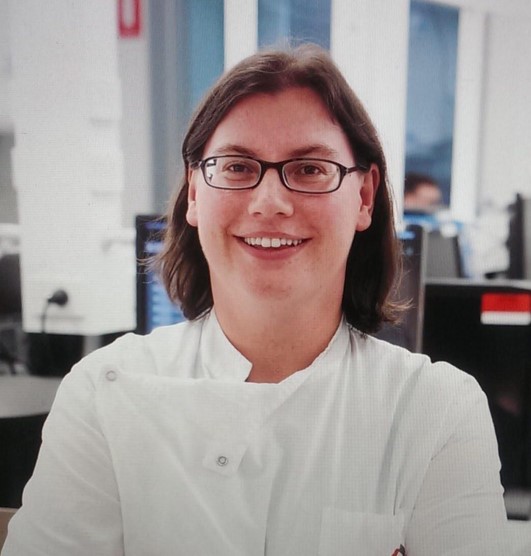
Anne-Marie Baird
LuCE Lung Cancer Europe, Bern, Switzerland
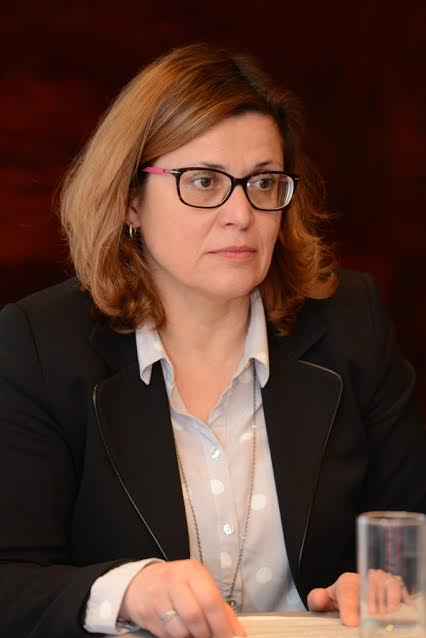
Anna Batistatou
University of Ioannina, Ioannina, Greece

Alastair Burt
University of Adelaide, AU and Newcastle University, Newcastle, United Kingdom
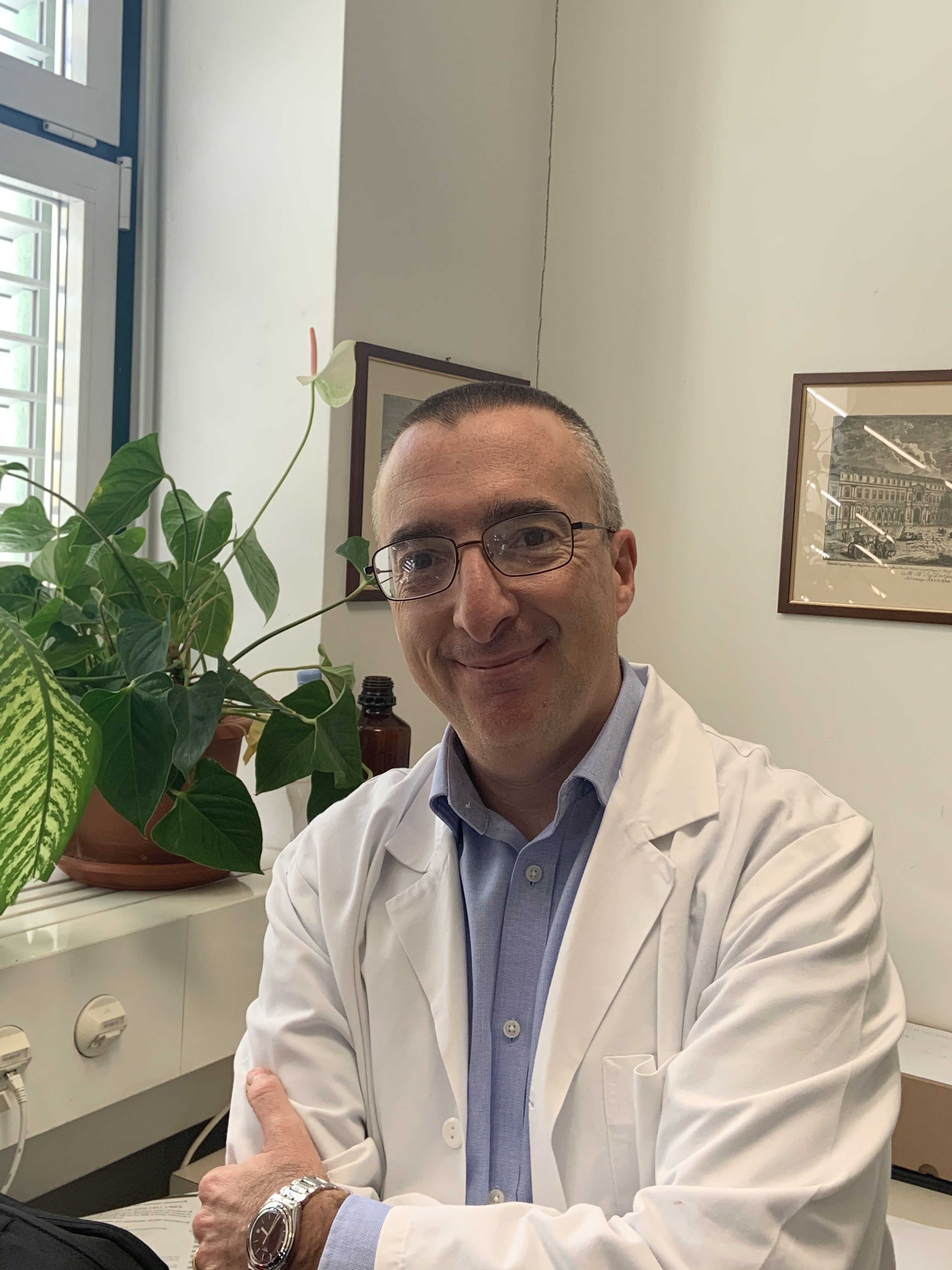
Milo Frattini
Institute of Pathology, Cantonal Hospital, Locarno, Switzerland

Allan Hackshaw
Cancer Research UK & UCL Cancer Trials Centre, University College London, London, United Kingdom
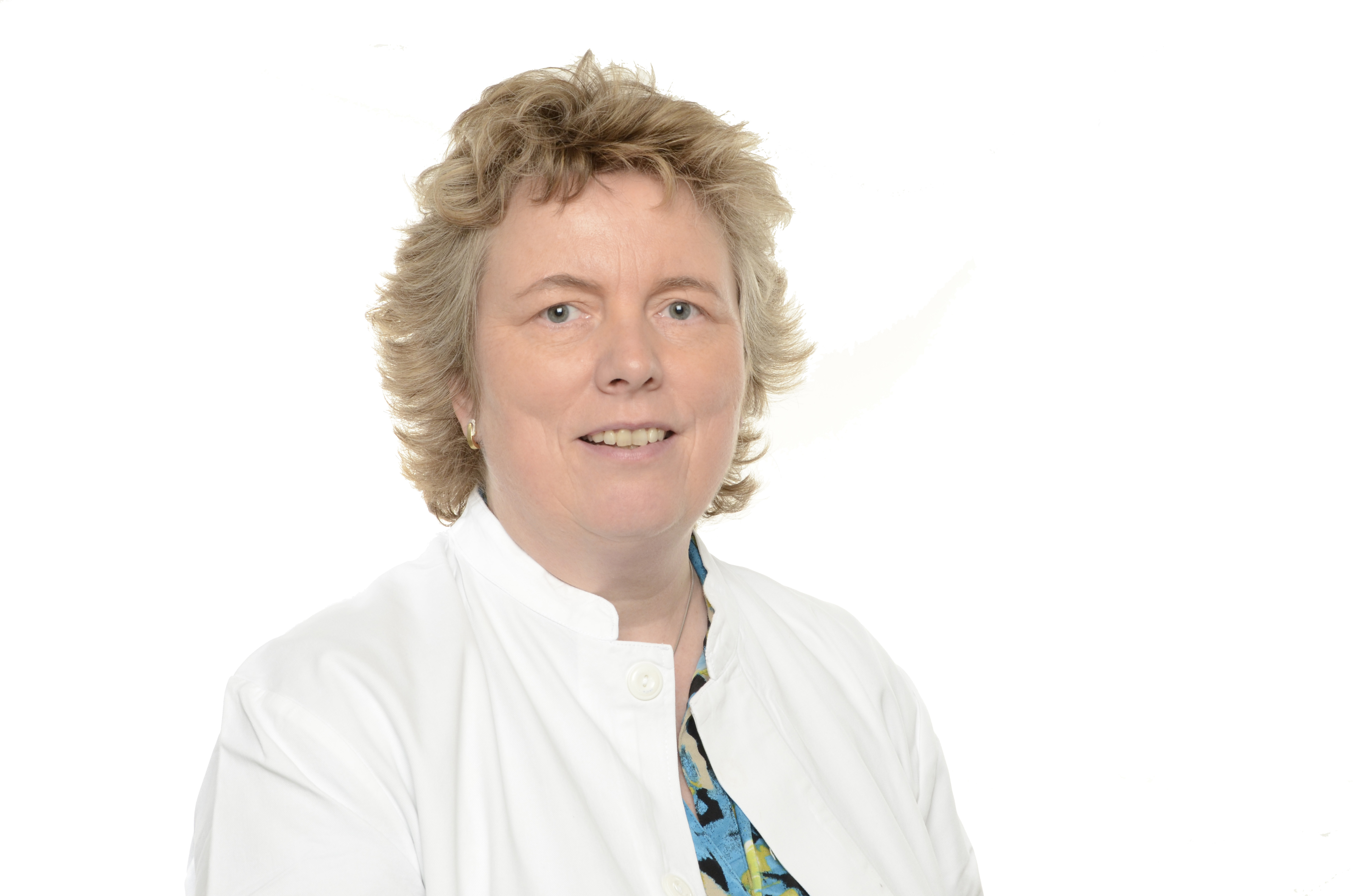
Nadia Harbeck
Breast Center, LMU University Hospital, Munich, Germany
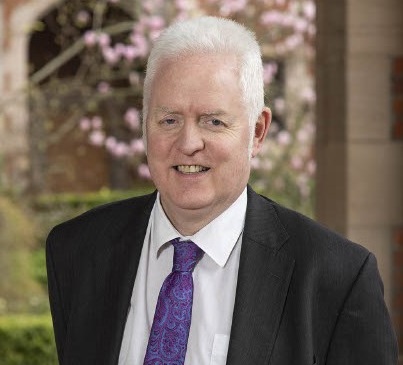
Mark Lawler
European Cancer Organisation and Queen's University Belfast, Belfast, United Kingdom
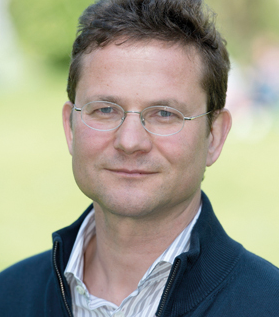
Holger Moch
European Society of Pathology and University Hospital Zurich, Zurich, Switzerland
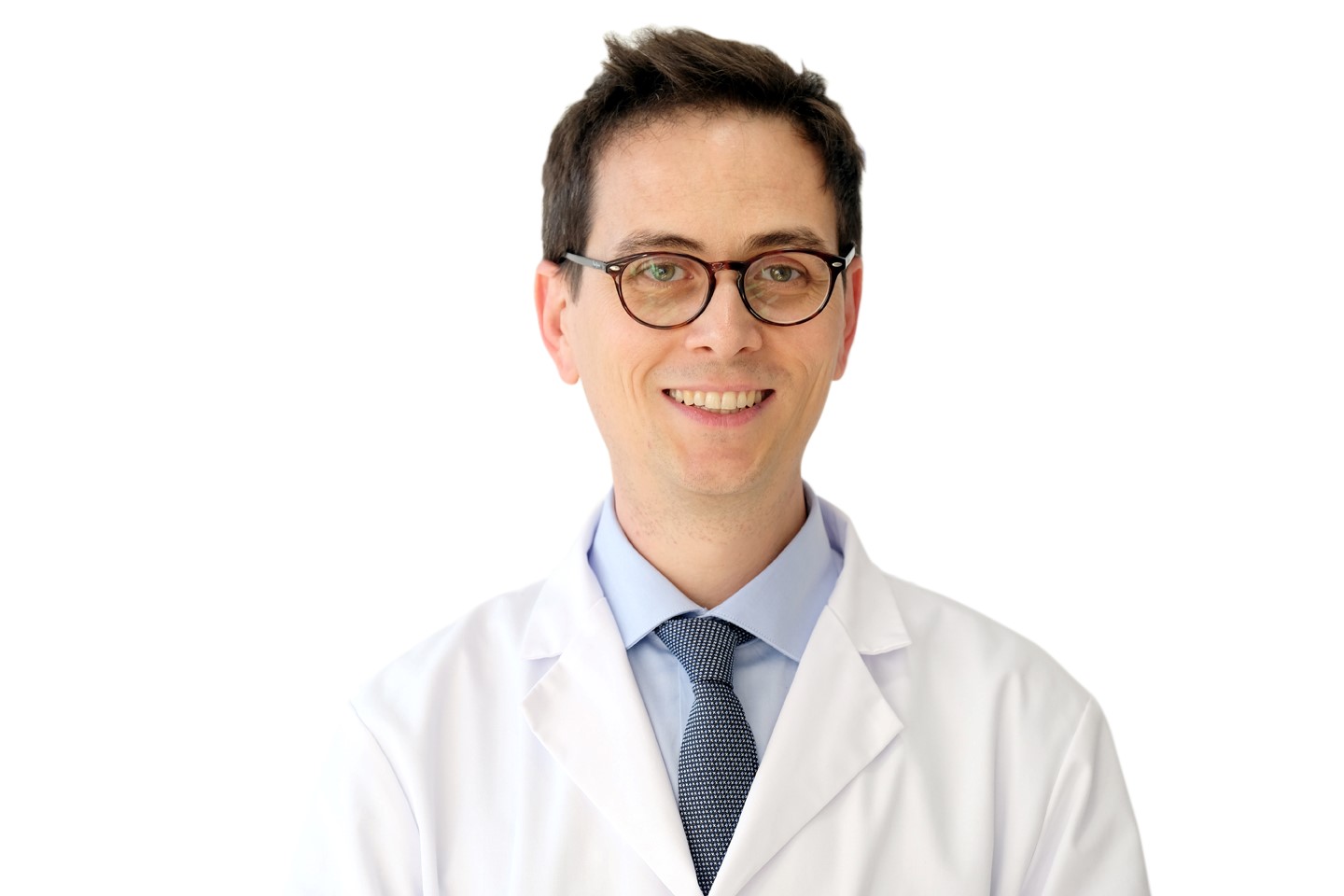
Jordi Remon-Masip
Institut Gustave Roussy, Villejuif, France

Eric Van Cutsem
University of Leuven, Leuven, Belgium

Marzia Zambon
EUROPA DONNA - The European Breast Cancer Coalition, Milan, Italy
BREAST CANCER
DIAGNOSTICS
GENERAL INTEREST
GENERAL ONCOLOGY
LUNG CANCER
MEDICAL / CLINICAL ONCOLOGY
PATHOLOGY
PATIENT ADVOCACY
PERSONALIZED CANCER THERAPY
PREVENTION
QUALITY OF LIFE
TECHNOLOGY
 Facebook
Facebook Linkedin
Linkedin X
X Send a mail
Send a mail